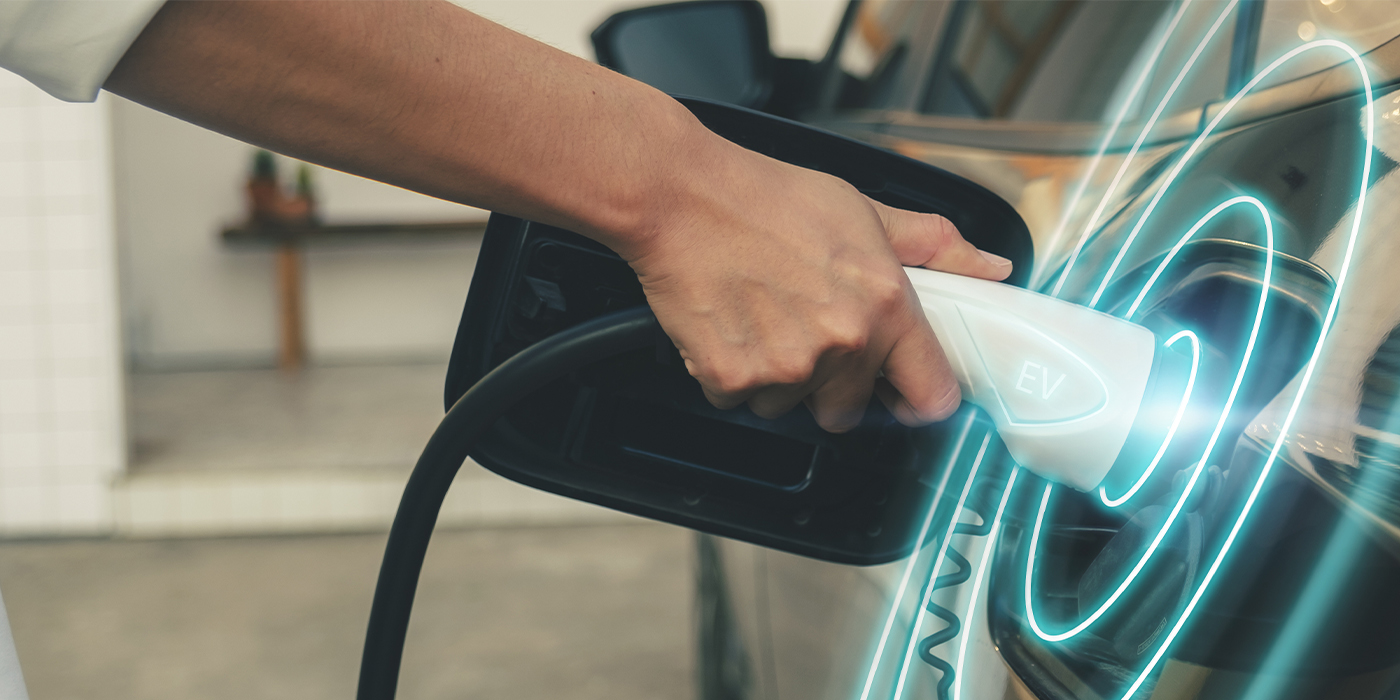gasoline in the Chicago metro area is averaging $3.19 a gallon. It makes the $2 a gallon gas we were all whining about two years ago sound cheap by comparison.
So what can you do about it? Drive less? Americans depend on their vehicles for absolutely everything: going to work, school, church, shopping, doctor visits, errands, eating out, entertainment, visiting extended family, vacations, you-name-it. Thanks to urban sprawl, subdivisions and strip malls, everything is so spread out that we’ve become a people who are totally dependent on our vehicles and petroleum for our mobility. Last I heard, we’re burning more than 9 million barrels of gasoline every day in this country.
To reduce the pain at the pump, we can cut back on driving somewhat, do a better job of planning trips to combine errands, and drive a little slower. But most of us are really over the barrel when it comes to making a significant reduction in what we have to shell out for fuel.
The only other alternative is to get a more fuel-efficient vehicle. Higher mileage means we can drive the same number of miles on fewer gallons of gas. It sounds great, but there are up-front costs involved in switching to a vehicle like this.
Not everybody can afford to buy a new gasoline/electric hybrid vehicle or a diesel-powered car or truck. Only a limited number of vehicles offer these powertrain options and the prices are high. Toyota and Lexus are adding more hybrid models, but the domestic vehicle manufacturers are lagging far behind.
Diesels are another fuel-efficient option to consider, but diesel engines are only available in a handful of import passenger cars (Volkswagen primarily) as well as Ford, General Motors and Dodge trucks. Diesels can be up to 30% more fuel efficient than gasoline engines of the same size, but the market for passenger car diesels in this country has been hamstrung by EPA emissions regulations regarding soot and oxides of nitrogen (NOx). VW recently announced it is having to discontinue many of the diesel engine options it has been selling because of new EPA regulations that restrict diesel emissions even further. It seems to me we’re going the wrong way with these regulations, right now, but that’s another editorial.
There’s also the cost of selling or trading your old gas guzzler. New car dealers have never been overly generous with their trade-in allowances, and are even more stingy when the trade-in is a full-size SUV that gets 10 mpg. Nobody wants those kinds of vehicles anymore, so resale and trade-in values have plummeted. Dealers are also reaping maximum profits on the fuel-efficient vehicles they are selling, often getting full list price and then some.
The high cost of gasoline is hurting the economy, too. With more money being spent on transportation costs, most people have less money to spend on other things like food (eating out), health care (the cost of which continues to soar), major purchases (appliances, giant screen TVs, etc.), even everyday expenses, auto maintenance and repairs. Unlike the government, which spends regardless of its income and raises taxes anytime it wants more, most of us have to live within a fixed budget and survive on a fixed paycheck. When the price of gasoline goes up, the dollars to pay for it have to come from money that would have been spent on something else.
Higher fuel prices are also impacting the cost of virtually everything that is transported and delivered by truck. This, in turn, drives inflation and makes everything else more expensive (including the paper this magazine is printed on and the postage to deliver it).
The high price of gasoline is not being driven by demand or any real shortage of supply. Demand is growing a few percentage points a year, but not enough to justify a doubling or tripling of fuel prices. It is being driven by the oil cartel, big oil companies, oil suppliers and speculators who control and manipulate the market for their own gain.
Consider the following: A program on educational television the other night focused on the booming oil sand industry in the Ft. McMurray area of Alberta, Canada. The amount of oil contained in this region is estimated to be three times that of all the known oil reserves in the Middle East! The problem is you can’t just drill a hole in the ground and have liquid oil come gushing out. The sand has to be dug up, hauled to a processing plant and cooked to extract the oil. The Canadians say the process is profitable when oil sells above $22 a barrel, so at today’s price of $72 a barrel, the Canadians have quite a windfall. But are they selling their oil for $22 a barrel? No, like everybody else they are selling at the world spot price of $72 a barrel.
Here’s another recent news item that adds more fuel to the fire: BP was charged by federal investigators for cornering the propane market last winter, creating artificial shortages and driving up the price — just like the “power shortage” in California a couple of years ago that turned out to be pure baloney. The only reason BP got caught on this one is because their phone conversations were recorded. Last summer, hurricane Katrina was blamed for disrupting oil supplies as the price of gasoline shot up. News reports later revealed that the effects of the hurricane on oil operations and refining were greatly exaggerated to inflate prices.
And so it goes.
Unfortunately, I don’t have a simple cure for gas pains. I don’t think anybody does. Personally, I’m walking more, driving less, trying to conserve and hoping the automakers move forward with more hybrids and diesels. The best of both worlds appears to be turbodiesel/electric hybrids running on biodiesel (diesel fuel made from soybeans and other plants or recycled vegetable oil).
If anyone has any great ideas on how we can reduce our dependency on petroleum (especially foreign oil), I’m all ears. Too bad our government doesn’t seem to be listening.













